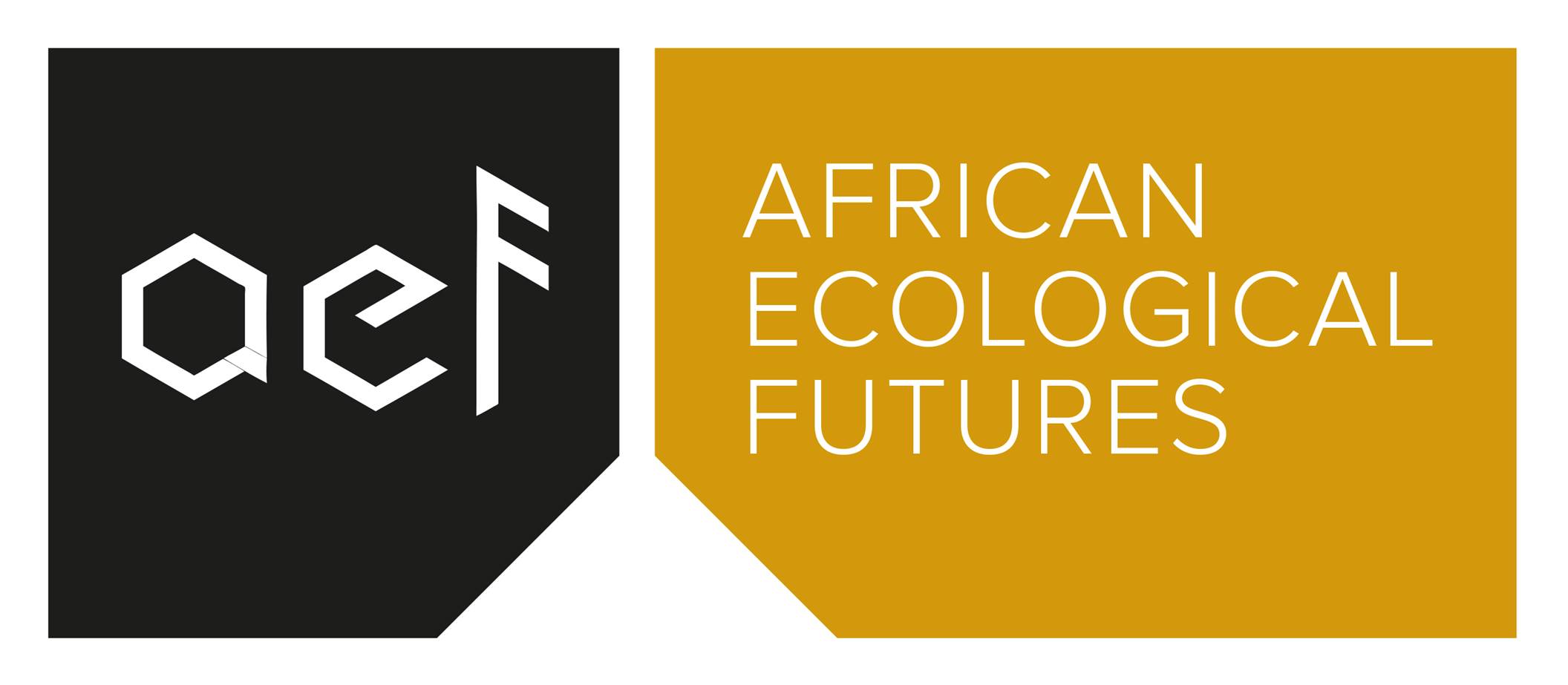The WWF is run at a local level by the following offices...
Africa has experienced unprecedented growth across a range of development indices for decades. However, this growth is often coming at the expense of Africa’s biodiversity and ecosystems, jeopardizing the livelihoods of millions of people depending on the goods and services provided by nature.
Encouragingly, Africa can still take a more sustainable path. The trade-offs between the much needed economic development and the likely impact on nature must be managed in a way that the appropriate economic and development decisions are made to achieve the goals of the 2030 Agenda for Sustainable Development. There is therefore a strong and increasing need for us to ‘Make Nature Count’ to policy makers, investors and communities.

In 2015, WWF and the African Development Bank (AfDB) undertook an analysis into the key drivers and trends of the continent’s economic development with guiding principles for decision-makers.
The analysis was initiated to:
(i) Better understand the current trends and potential future scenarios, and
(ii) Steer a more sustainable and economically sound development trajectory.
The African Ecological Futures (AEF) report has become the basis for WWF’s overall strategic approach to influencing and shaping planning and investment decisions in Africa.
WWF’s African Ecological Futures initiative remains a spear-point of thought leadership, policy and advocacy processes aimed at preserving Africa’ long-term ecological future as a basis for sustainable development. An update of 2015 AEF analysis and scenario planning process is currently underway.
It is clear that Africa need to develop across a range of human development parameters. Our mission is therefore not to stop development, but rather to ensure that such development takes a sustainable path. Considering that most of Africa’s economies, and the livelihoods and wellbeing of its population, depend on goods and services provided by nature, it is important to preserve the long-term ecological integrity of Africa’s natural capital as a basis for achieving the sustainable development goals.
to build an understanding of the development trends and opportunities that affect the sustainability of Africa’s growth-path and to use the information to advise policy and investment decision-making geared at putting Africa on an ecologically sustainable development pathway.
- Understand existing and future development trends and opportunities in terms of their implications for Africa’s economic development and long-term ecological sustainability.
- Inform policy-making and investment decisions through ecological futures thinking, evidence-based communications, advocacy, capacity development and partnerships.
- Promote and incubate key transformational initiatives that address the identified challenges and build on the identified opportunities.
- Ensure ecological futures thinking, tools and methods are shared and mainstreamed within finance development institutions and national planning agencies in Africa.
Our African Ecological Futures agenda is extremely ambitious and it is clear that we cannot achieve our desired outcome alone. We need partners.
The founding partner of the AEF is the African Development Bank (AfDB), technically supported through the African Natural Resources Centre. Other public institutional partners include the African Union Commission, and the East, Central and Southern African Economic Commissions.
A range of other partners is involved, such as the Luc Hoffman Institute, the Green Growth Knowledge Platform (GGKP), the UN-Environment World Conservation Monitoring Centre (WCMC), UN-Habitat, the African Conservation Centre (ACC), the Regional Centre for Mapping of Resources for Development (RCMRD), YMCA and the International Institute for Sustainable Development (IISD).